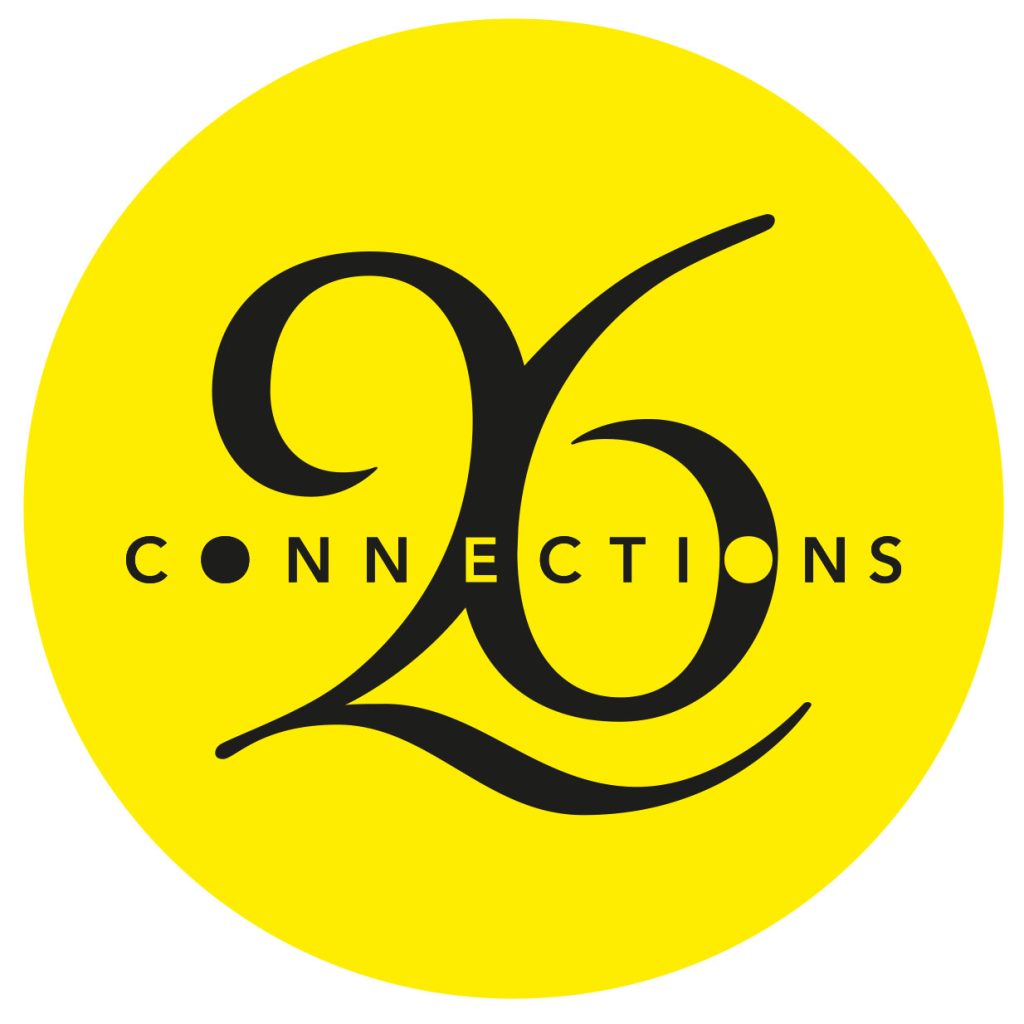Nathalia Gonzalez and Thérèse Kieran
How We Got On
NG: For Thérèse and I, the process kicked off with an informal chat about our writing practices, and initial reactions to the theme. We then decided to exchange reflections on the idea of ‘Human.Kind’ via email every Friday and did so for a good couple of months. I really valued these shared journal-entries… they not only gave me insight into Thérèse as the wonderful person and writer that she is, but also served as an archive of how what was occurring in our worlds, including our evolving friendship, was quickly causing our initial, individual interpretations of ‘Human.Kind’ to evolve.
TK: Meeting Nathalia has been a real treat. Not only is she super bright and talented, she’s a thoroughly decent human too! Because of our age difference I felt an immediate maternal tug and was so impressed by her studies, her activism and her poetry. As we mined the rich seam of Human.Kind together we discovered a common interest in many things: human rights/women’s rights, justice and common decency and exploring what it is to be human. By selecting poems, novels, memoirs, podcasts and movies we reflected and shared our thoughts on how we thought each piece embodied the theme. For instance, I referenced US poet Maggie Smith’s poem Good Bones while Nathalia drew my attention to The Unbearable Lightness of Being by Milan Kundera. I envied Nathalia’s broad-spectrum approach, her outward view knowing that I was heading inwards and unable to switch my focus too far from motherhood.
NG: And I think this focus was contagious! In the most welcome of ways. In fact, after we asked each other, “What works of art have revealed the most about humanity to you?”, I became immersed in a foreign landscape: Thérèse’s dearest-held movies, books, podcasts, and poems. As our conversations progressed, I was soon writing about a world in which the creative powers of motherhood are at the forefront of our understanding of Human.Kind.
This then prompted me to think about how this power continues to be undermined by life-destroying, patriarchal violence in our domestic and political spheres, as we have seen in the ongoing genocide in Palestine. I therefore asked myself how different the path of human.kind would be today, if, when we used abstract words like ‘progress’, we centered those bodies and ideals that give us life, and not those that actively work to colonise and destroy life. I am sure my line of thinking would have been entirely different, had I not been so deeply inspired by Thérèse’s focus on motherhood!
TK: While Nathalia and I exchanged many interpretations of the theme, we chose to work on individual pieces and produced what amounted to a small portfolio of poems. I loved Nathalia’s inventiveness with form and language, as well as references to her South American culture. I was impressed by her ability to think globally one minute and to then turn her focus on more intimate domestic scenes with lines like – “With my mother’s blue-laced knuckles over my hand glued to the wooden spoon or a similar hue…” I think that my mothering rubbed off on her somewhere along the way! And where did we end up? Not with a single collaborative piece but with something even better I believe: a friendship; genuine respect for our individual creative expressions; an exchange of ideas, opinions and new material and the joy of discovering that human connection can be very special indeed.
The poems are being displayed as part of the 26 Connections exhibition during the Bloomsbury Festival and until mid-November. The exhibition features interpretations of the poetry by artists from the Lettering Arts Trust. The exhibition is free at the Building Centre, 26 Store Street, London WC1E 7BT

